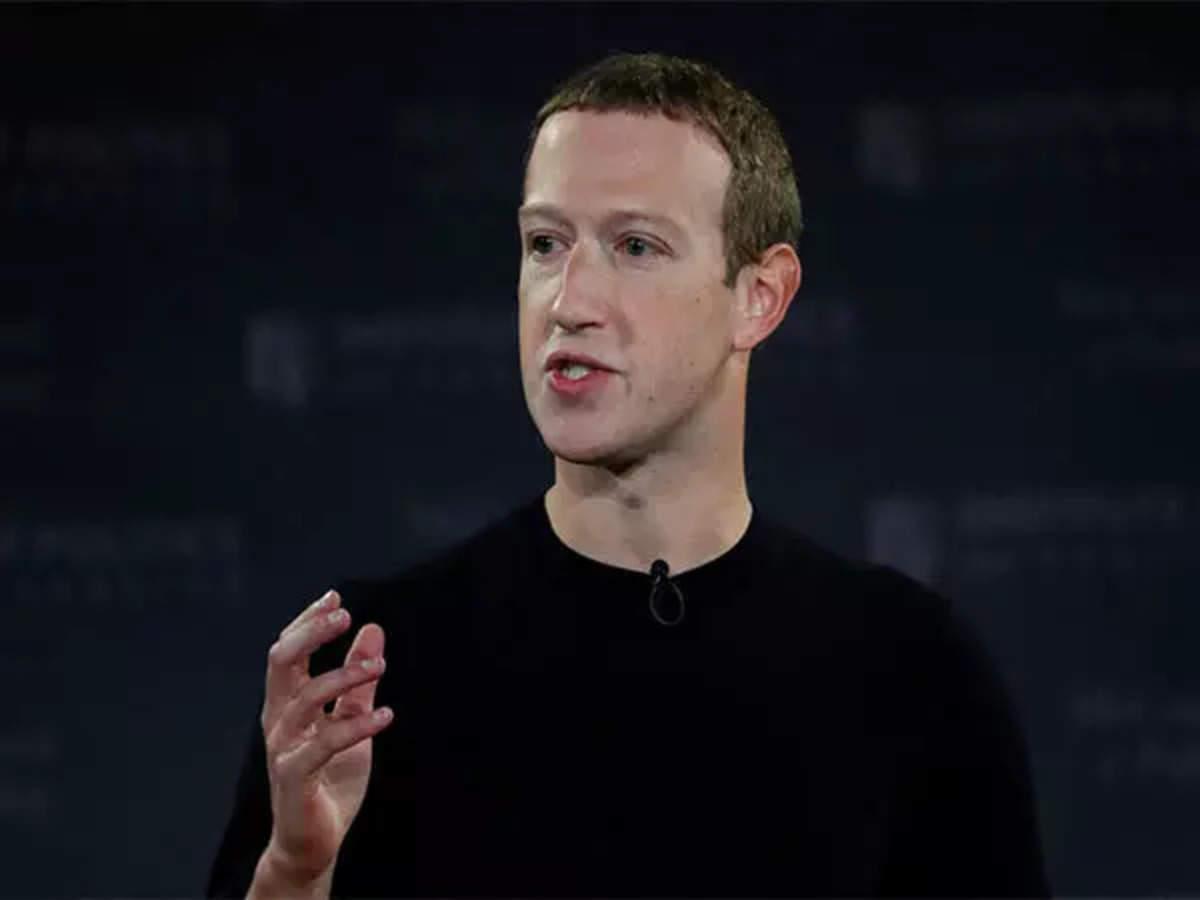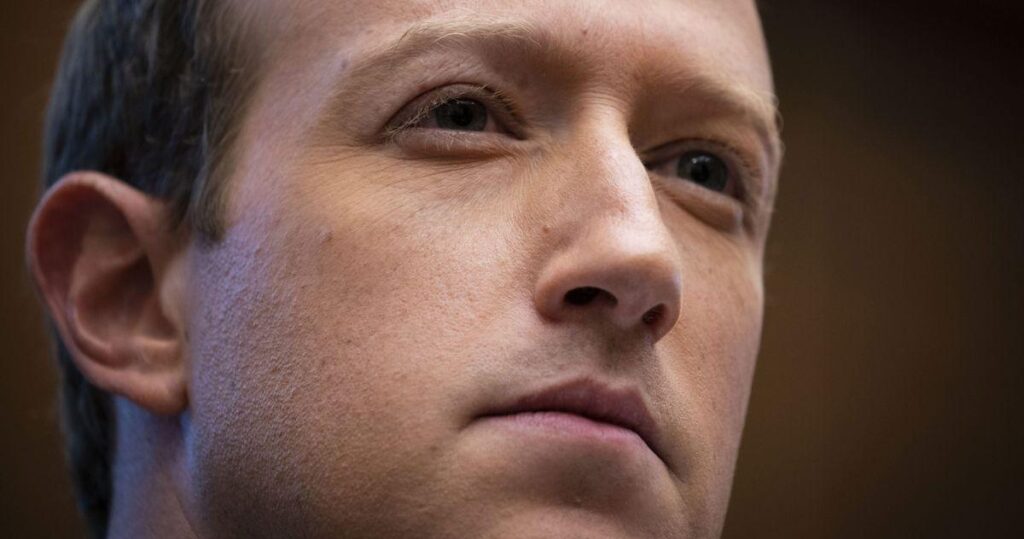In the shadowy corridors of digital governance, where algorithms dance and content moderation becomes a high-stakes chess game, Mark Zuckerberg recently pulled back the curtain on a behind-the-scenes drama that exposes the raw tensions between Big Tech and government power. His revelations paint a portrait of frustrated Biden administration officials whose private frustrations boiled over in heated exchanges about online content removal—a glimpse into the complex negotiations that shape our digital public square. In the high-stakes world of social media regulation, Facebook’s CEO recently lifted the curtain on intense behind-the-scenes interactions with government officials during content moderation battles. During a candid discussion, Mark Zuckerberg revealed the raw emotions and confrontational dynamics that unfolded when federal authorities sought content removals from the platform.
The tech mogul’s insights shed light on the complex relationship between social media giants and governmental bodies, showcasing the friction that emerges when digital platforms become battlegrounds for information control. According to Zuckerberg, these interactions were far from cordial, with Biden administration representatives frequently displaying heightened frustration and emotional outbursts.
Inside these contentious meetings, government officials reportedly exhibited remarkable intensity, resorting to emotional tactics that ranged from passionate arguments to explicit language. The revelations suggest that content moderation isn’t merely a bureaucratic process but a charged emotional landscape where different institutional interests collide.
Zuckerberg’s account hints at the challenging ecosystem surrounding digital content regulation. Each removal request represents a delicate negotiation between platform autonomy and governmental oversight, with both sides wielding significant influence over public discourse.
The friction emerges from fundamental disagreements about information dissemination, free speech boundaries, and the role of technology platforms in shaping public narratives. While officials sought specific content removals, Facebook’s leadership maintained a nuanced approach, balancing governmental concerns with platform principles.
These interactions underscore the evolving relationship between tech companies and government entities. As digital platforms become increasingly central to communication and information sharing, the tension between regulatory impulses and technological independence becomes more pronounced.
Zuckerberg’s revelations provide a rare glimpse into the often-opaque world of content moderation negotiations. They highlight the human element behind seemingly sterile policy discussions, revealing the passionate debates and emotional exchanges that characterize these critical interactions.
The disclosed dynamics suggest that content moderation is far more complex than algorithmic decisions or policy implementations. It involves intense human negotiations, personal perspectives, and institutional power struggles.
As digital platforms continue to reshape communication landscapes, such insider perspectives become increasingly valuable. They offer insights into the intricate mechanisms governing online information flow and the delicate balance between technological innovation and governmental regulation.
Ultimately, Zuckerberg’s account reveals that behind every content moderation decision lies a complex web of human emotions, institutional interests, and evolving digital governance frameworks.

